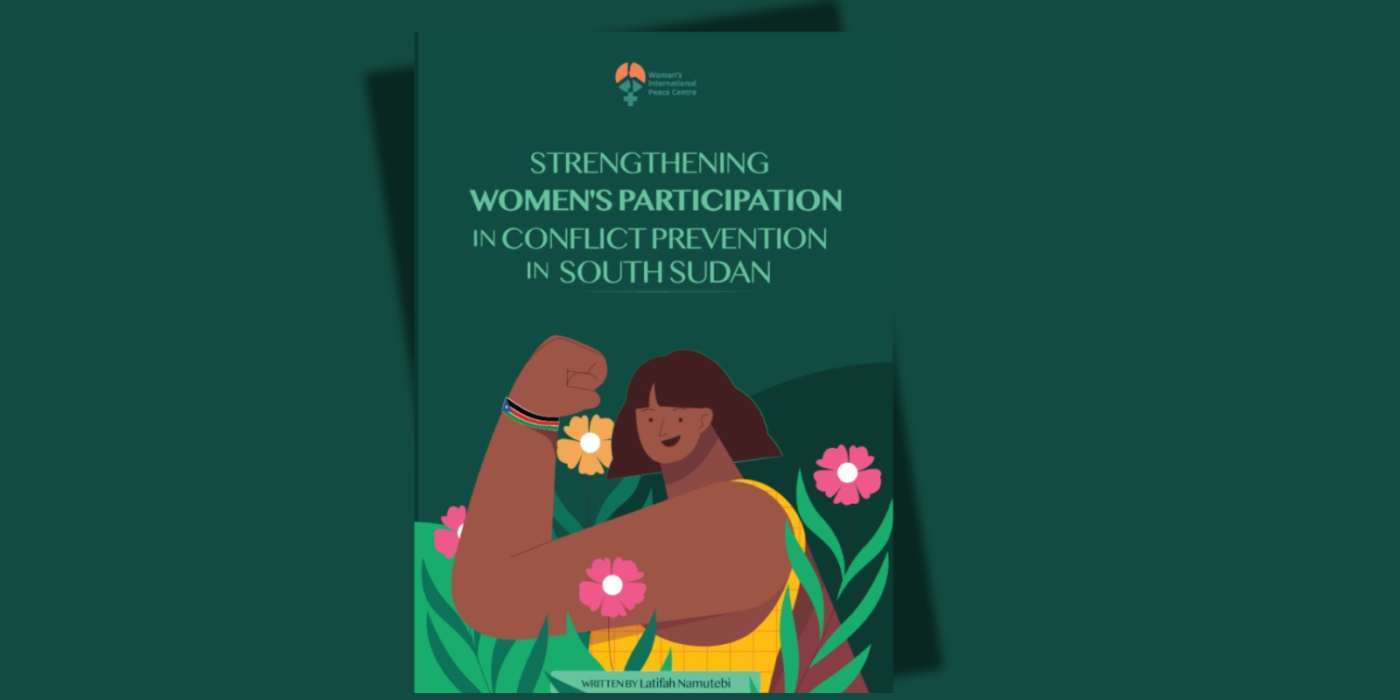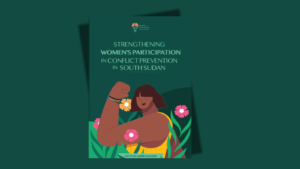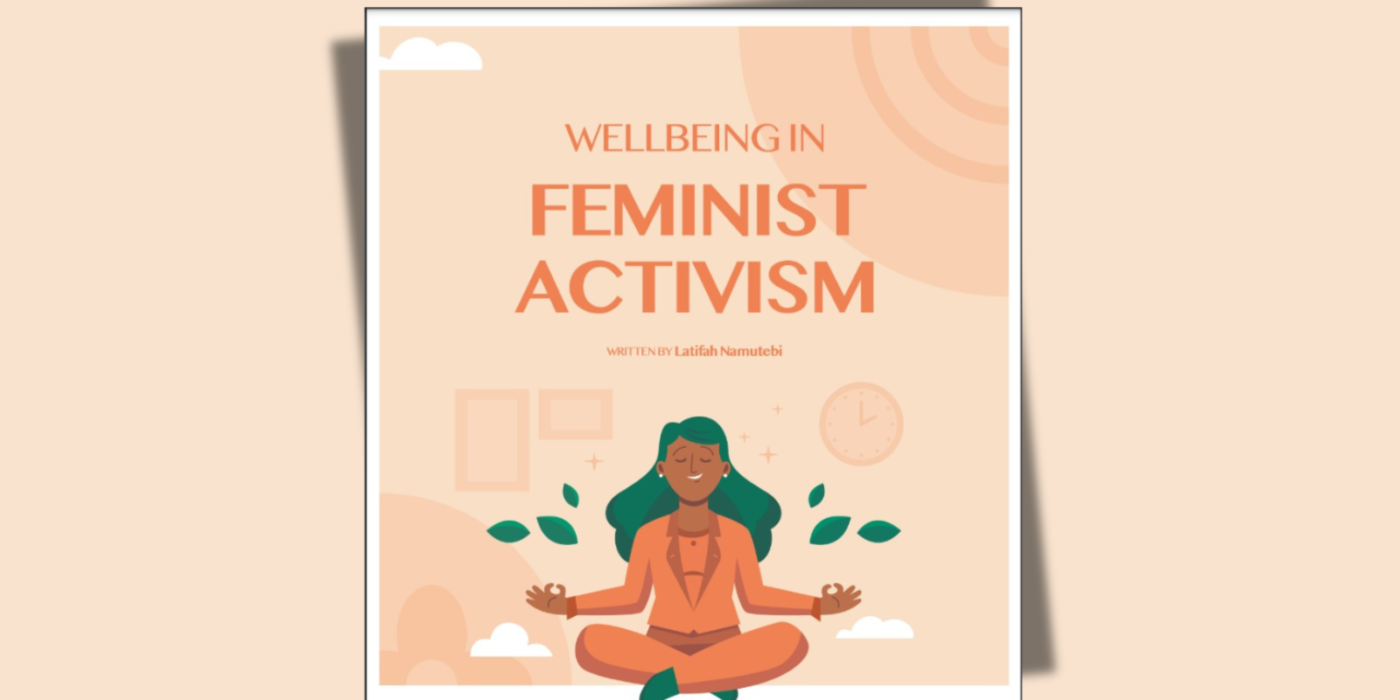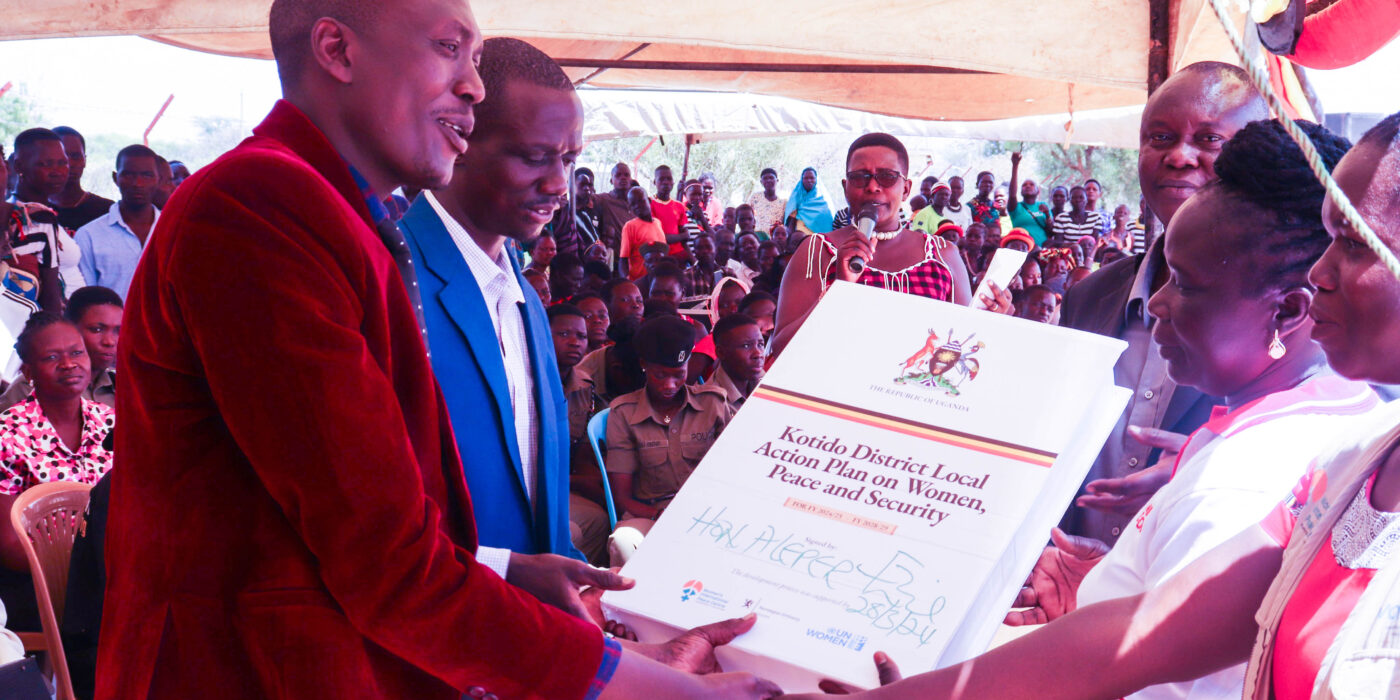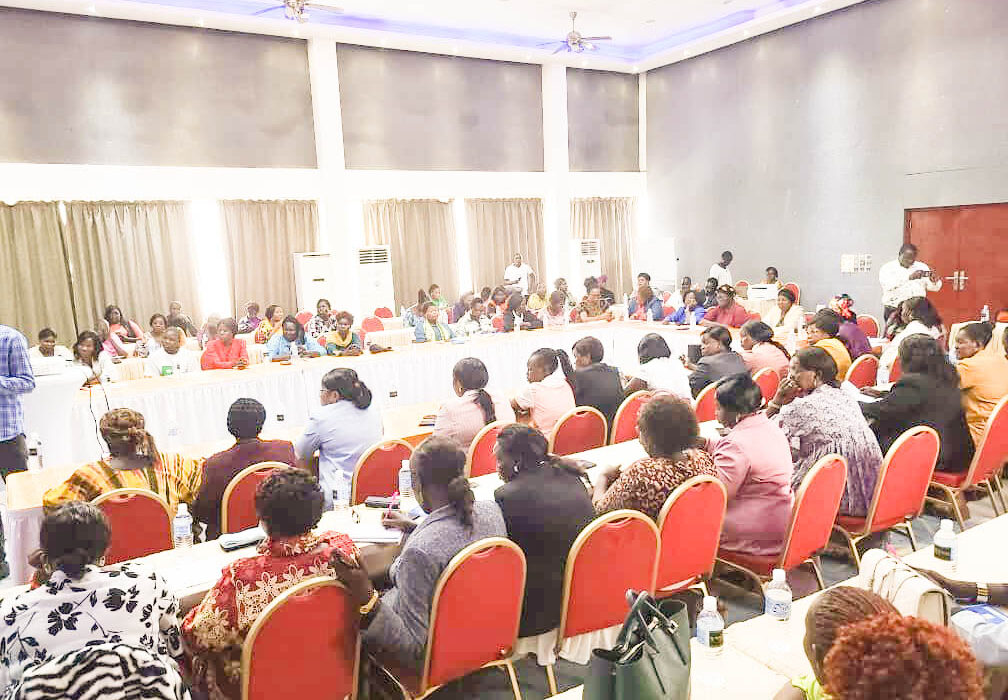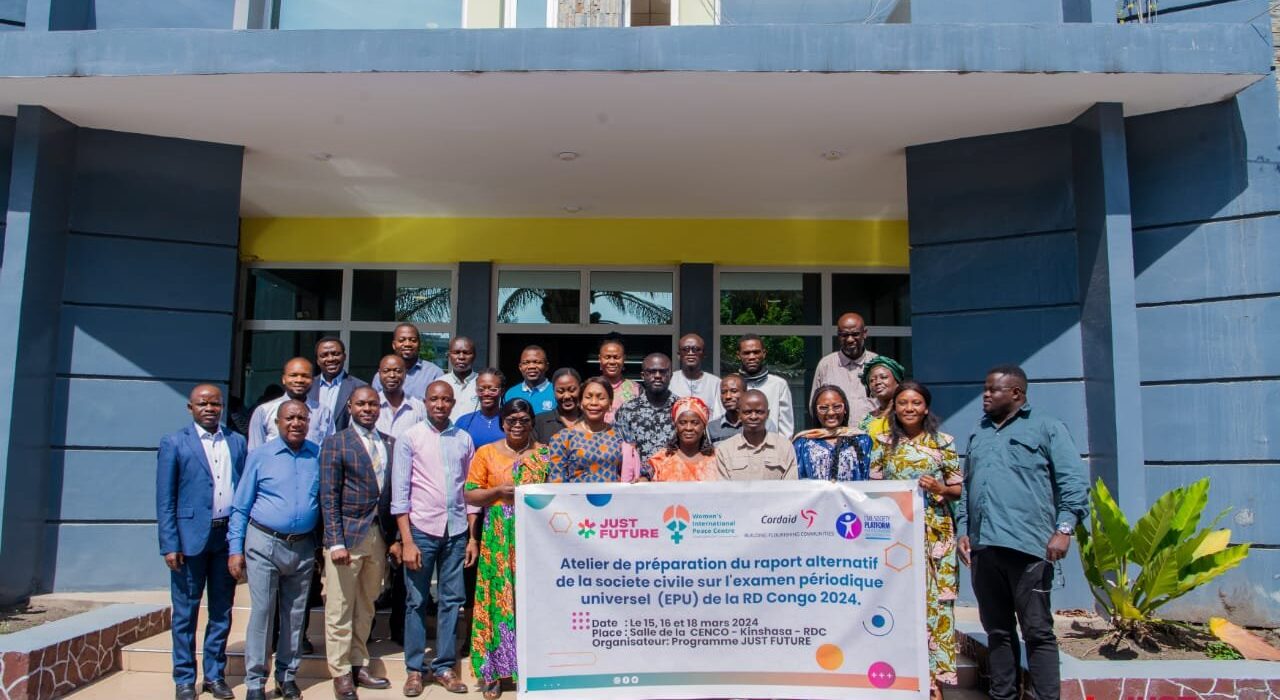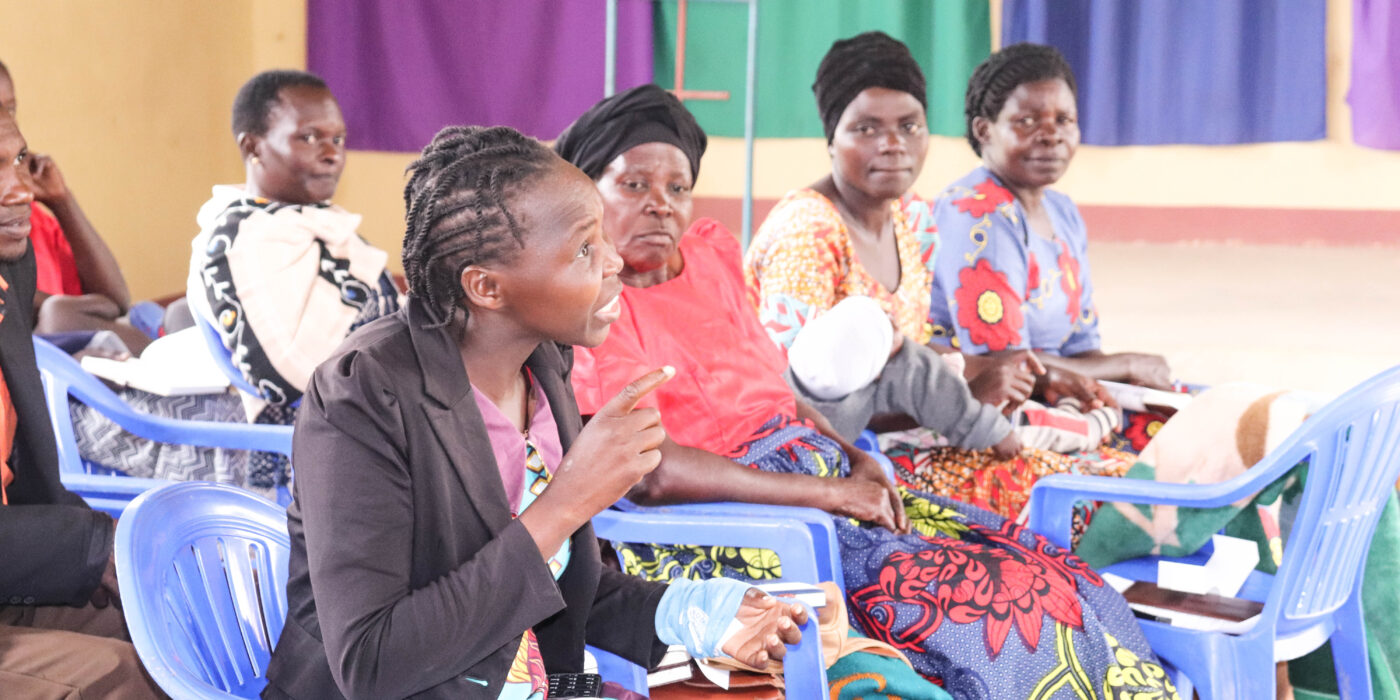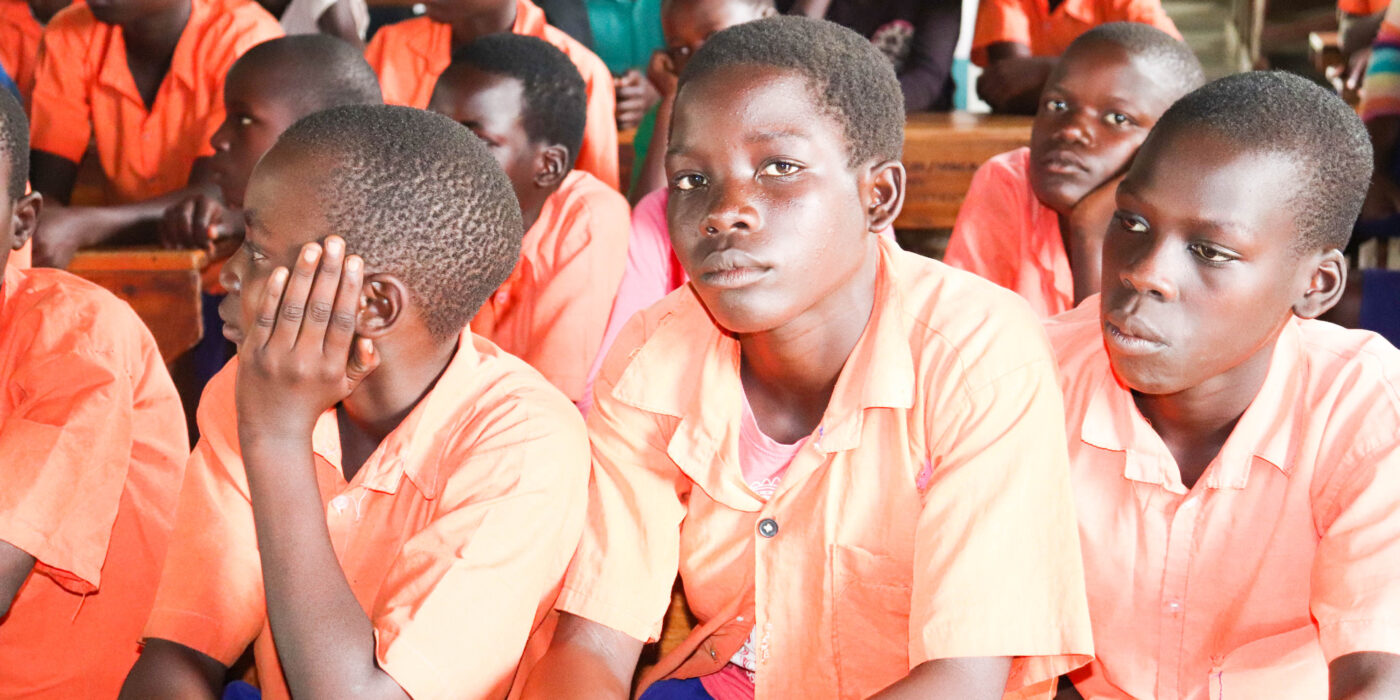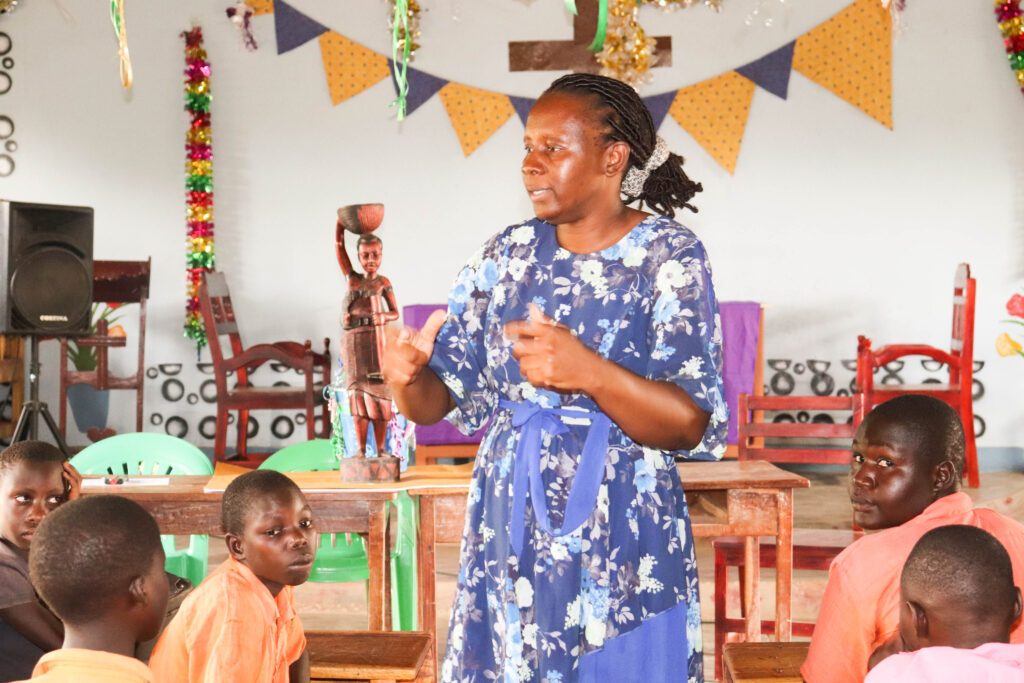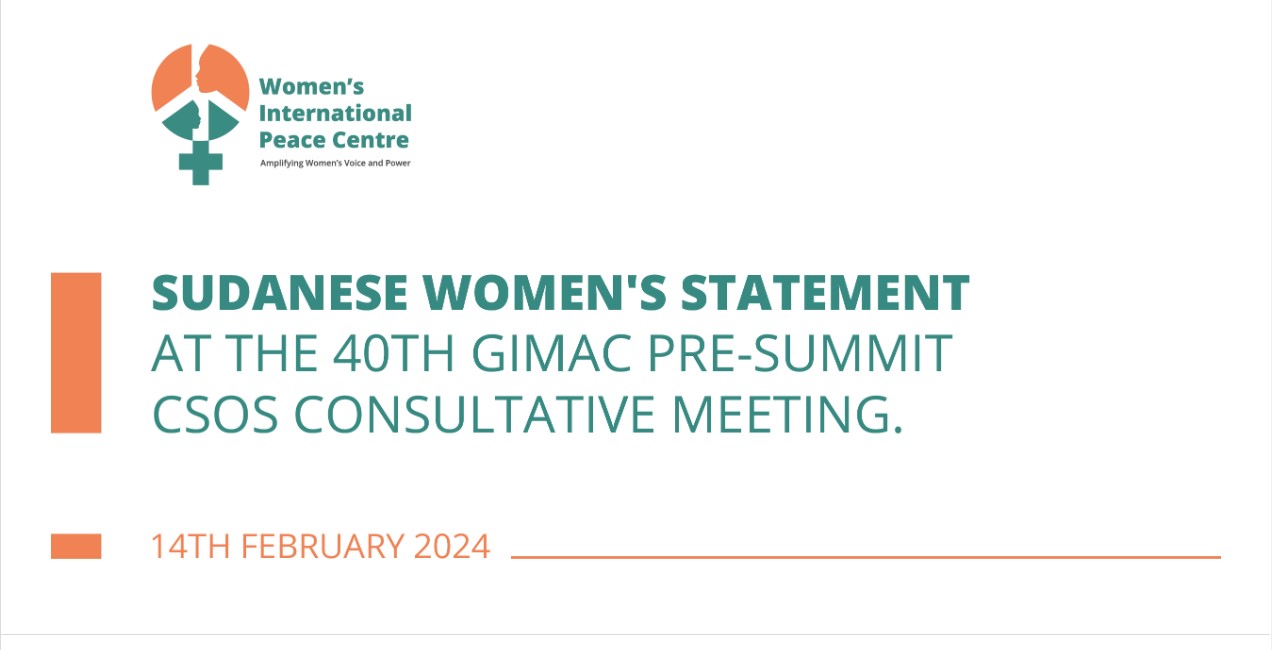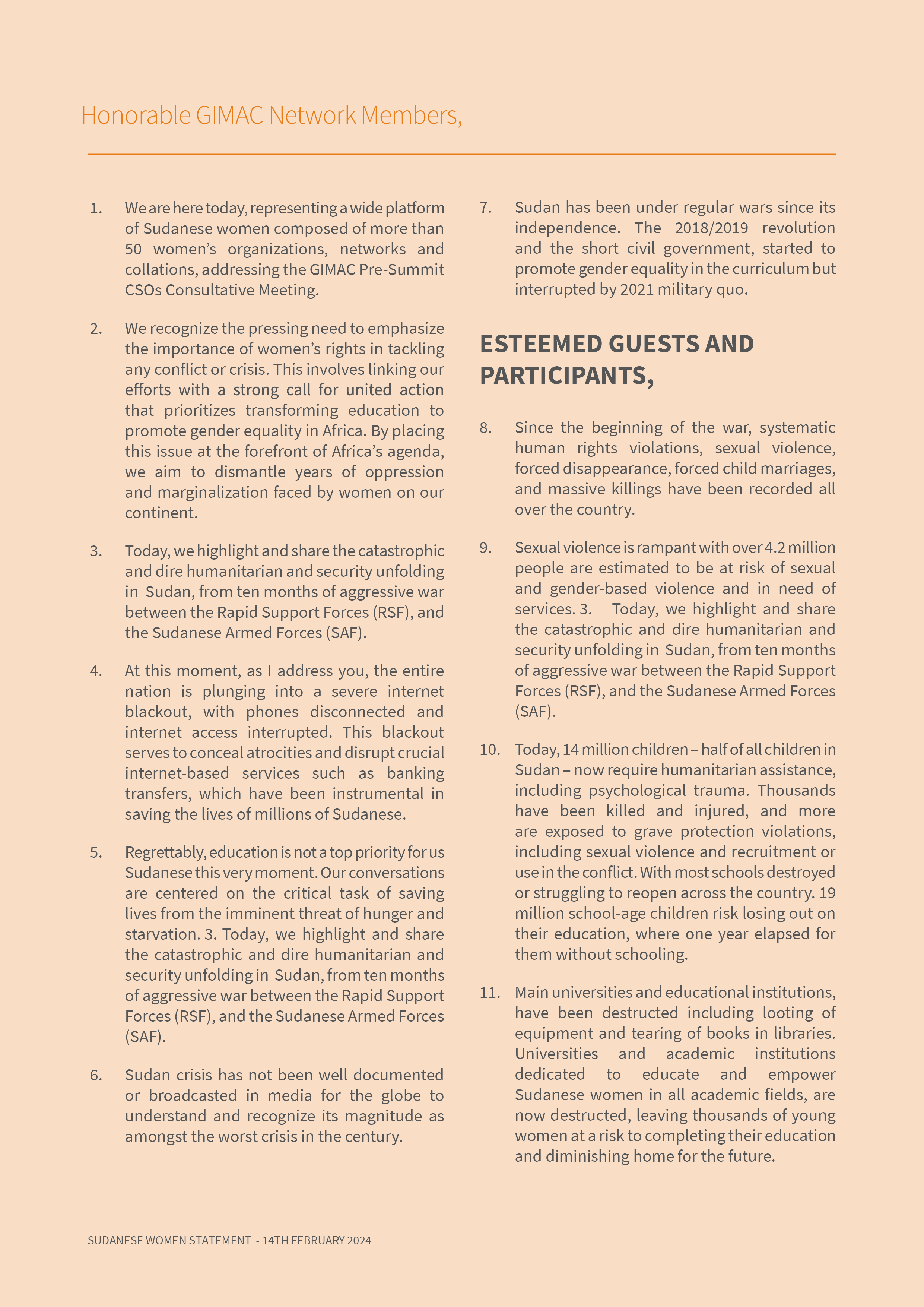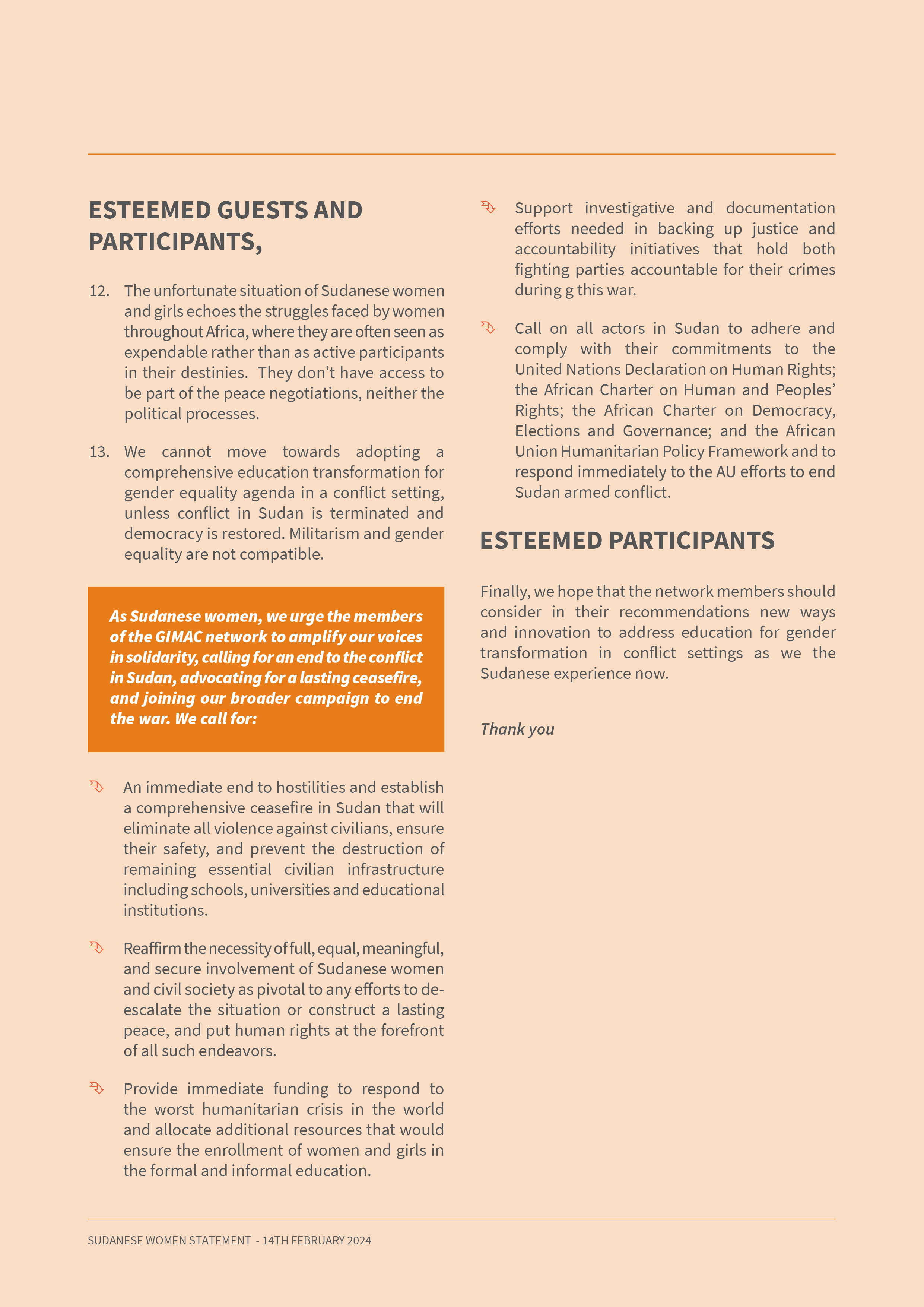1.0 Background
General elections in Uganda have been characterized by political tensions and violence. Understanding the dynamics of electoral violence in Uganda and securing broad-based multi-political actor commitment, action, and collaboration around violence-free elections is critical to achieving the realization of key democratic principles, sustaining social and economic growth, and consolidating social cohesion to secure sustainable peace. The Women’s International Peace Centre (The Peace Center) is implementing a USAID funded ‘Ugandans For Peace” Activity with the Auschwitz Institute for the Prevention of Genocide and Mass Atrocities (AIPG), Creations Forum Afrika (CAF), Kabarole Research and Resource Centre (KRC), and Warrior Squad Foundation (WSF).
Consortium partners of the Ugandans For Peace Activity will be conducting a series of trainings on peacebuilding, conflict resolution, and mediation using various training tools. The partners have agreed to harmonize their training tools to develop one comprehensive manual for all involved parties.
2.0 Request for Expression of Interest
The Peace Centre is inviting eligible and qualified individuals/consultants to express their interest to harmonize the training tool that will support Ugandans For Peace Activity partners. The goal is to develop a comprehensive and uniform training manual that will serve as a guide for conducting trainings.
3.0 Purpose and Objectives of the Assignment
The purpose of the assignment is to harmonize all the training manuals from partners and develop a comprehensive manual that will serve as a training tool for all partners to contribute to preventing conflict and building peace before, during, and after elections in Uganda.
3.1 The specific objectives include;
i. Ensuring consistency in content across all training materials.
ii. Standardizing formats and layouts for ease of use and understanding.
iii. Aligning training tools with the Ugandans For Peace Activity objectives.
iv. Incorporating feedback from partners to improve effectiveness.
4.0 Key Deliverables
i. An Inception report including a work plan, detailed methodology, report format, and timeline.
ii. A draft harmonized training manual and tools to be presented to the partners for their input.
iii. A final comprehensive training manual and tools incorporating comments from all the partners.
5.0 Required Qualifications, Skills, and Competencies
i. First Degree or Masters in the field of Conflict and Peacebuilding studies, gender and development, development studies, or any other relevant subject area
ii. Demonstrated knowledge of developing training manuals.
iii. Demonstrated experience and understanding on peacebuilding and conflict resolution, mediation in political and election-related processes.
iv. Proficiency in English language
v. Strong writing, communication and interpersonal skills
vi. Strong analytical skills
6.0 Application Process
Interested consultants are invited to submit their cover letter and CVs addressed to the Executive Director of the Women’s International Peace Centre. Applicants should include technical and financial proposals, along with the curriculum vitae (CV) of all team members, zipped in one folder. The proposal should outline the consultant’s approach to the assignment. Applicants should also explain how their professional experiences align with the required skills and qualifications. Expressions of Interest, clearly marked “Expression of Interest to Harmonize Peace Building Manuals under the Ugandans For Peace Activity.” can be submitted as a soft copy via email to procurement@wipc.org. Hard copies can be delivered to the address below by 17:00 local time on 8th July 2024 Only shortlisted candidates will be contacted.
Applications should be sent to:
The Executive Director
Women’s International Peace Centre
Plot 1467, Church Road, Bulindo, Kira, Wakiso
P. O. Box 4934, Kampala, Uganda

